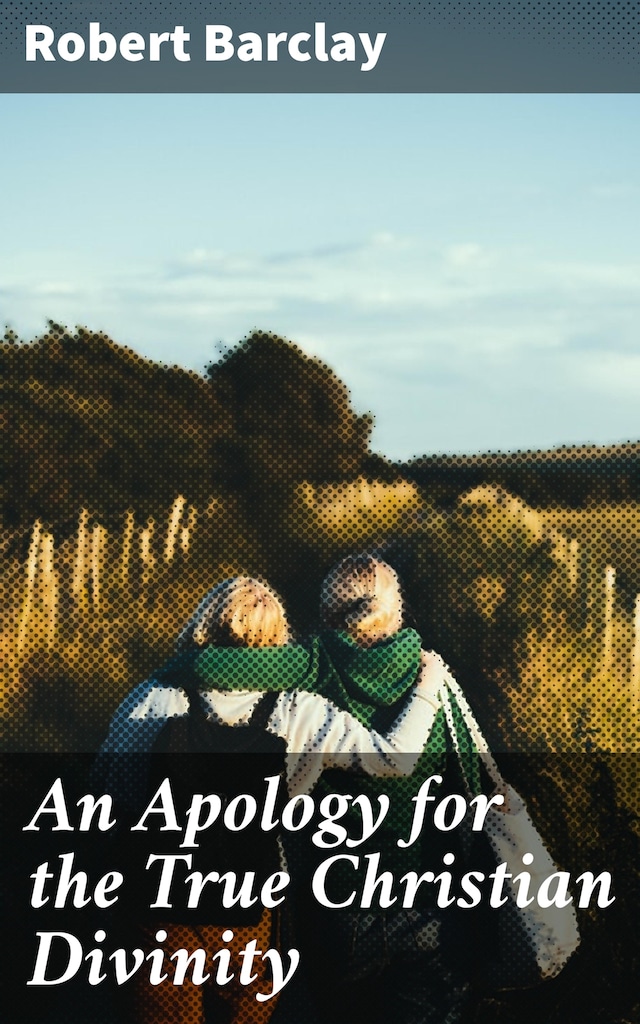
An Apology for the True Christian Divinity
Being an explanation and vindication of the principles and doctrines of the people called Quakers
Description of book
Robert Barclay's 'An Apology for the True Christian Divinity' is a seminal work in the history of Quaker theology. Written in the late 17th century, the book outlines the core beliefs of the Religious Society of Friends and advocates for a return to the simplicity and purity of early Christianity. Barclay's writing style is clear and straightforward, making complex theological concepts accessible to a wide audience. The book is a significant contribution to the theological debates of the time, promoting a vision of Christianity based on direct spiritual experience and inner light. The emphasis on the personal experience of God and the rejection of outward forms and ceremonies are central themes that resonate throughout the text. Barclay's work has had a lasting influence on Quaker thought and continues to be studied by theologians and religious scholars today. Robert Barclay, a prominent Quaker theologian and apologist, was deeply committed to the principles of his faith and sought to defend them against the criticism of contemporary religious authorities. Born into a wealthy Scottish family, Barclay became a Quaker in his youth and dedicated his life to promoting Quaker beliefs and practices. His extensive knowledge of theology and his eloquent writing style helped him to articulate the teachings of the Quaker movement in a coherent and persuasive manner. 'An Apology for the True Christian Divinity' reflects Barclay's deep spiritual convictions and his desire to present a rational defense of Quaker beliefs in the face of prevailing religious orthodoxy. I highly recommend this book to readers interested in the history of Christian theology, Quakerism, or the intersection of faith and reason. Barclay's insightful analysis and compelling arguments make this work a valuable resource for anyone seeking to deepen their understanding of Christian spirituality and the Quaker tradition.
 Robert Barclay
Robert Barclay 749 Pages
749 Pages